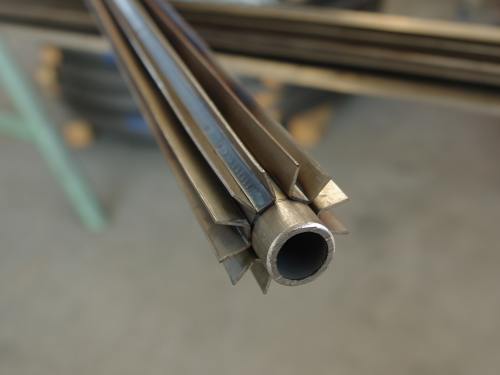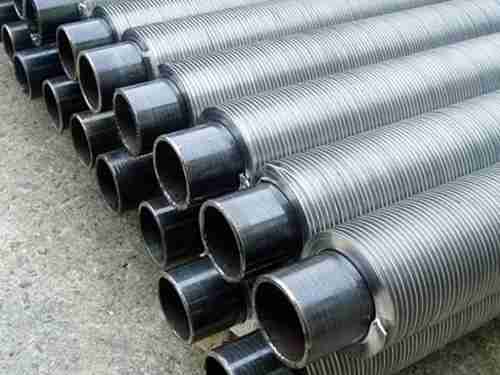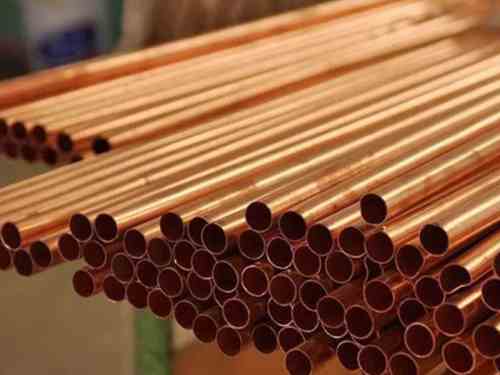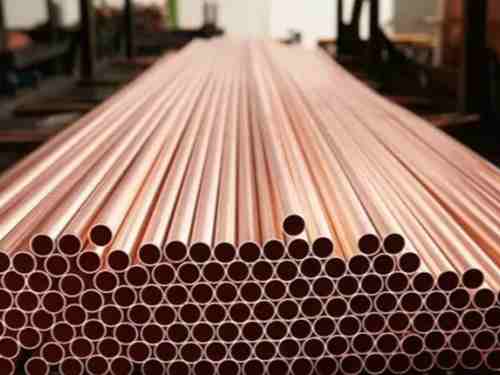Comprehensive introduction to Hastelloy C-276 pipe
Hastelloy C-276 is a nickel-chromium-molybdenum alloy known for its exceptional corrosion resistance, making it suitable for various chemical processes. It resists localized corrosion, oxidizing conditions, stress corrosion cracking in chloride-bearing solutions, and pitting.
Characteristics
- Corrosion Resistance
Hastelloy C-276 excels in resisting reducing and oxidizing acids like sulfuric, hydrochloric, and acetic acids. It performs well in seawater, chlorides, wet chlorine gas, oxidizing salts, and hypochlorite solutions. The alloy's molybdenum and tungsten content enhance its resistance to localized corrosion and maintain excellent oxidation resistance up to 1900°F (1038°C). It is not recommended for highly oxidizing environments, such as concentrated hot nitric acid.
- Elevated Temperature Resistance
Resists oxidation at temperatures up to 1900°F (1038°C).
Mechanical Properties In the annealed condition, it has a yield strength of 41 ksi (345 MPa). It retains excellent toughness at cryogenic temperatures.
Heat Treatment
Hastelloy C-276 cannot be strengthened by heat treatment. It is typically solution annealed at 2050°F (1121°C) followed by rapid cooling.
Workability Can be hot worked between 1600°F - 2250°F (870°C - 1230°C). Cold forming is possible but may require intermediate anneals due to its high work-hardening rate.
Applications
Hastelloy C-276 is widely used in the chemical processing and oil and gas industries due to its corrosion resistance. It is used for tubing, casing, and liners in sour service environments with high levels of H2S, CO2, and chlorides. The alloy is also employed in pharmaceuticals, paper manufacturing, cryogenic valves, and superconductors at temperatures as low as -455°F (-271°C).
Chemical Composition
|
C
|
Cr
|
Ni
|
Fe
|
Mn
|
Si
|
Mo
|
Co
|
P
|
S
|
V
|
W
|
|
≤ 0.02
|
14.5 - 16.5
|
BAL
|
4 - 7
|
≤ 1
|
≤ 0.08
|
15 - 17
|
≤ 2.5
|
≤ 0.03
|
≤ 0.03
|
≤ 0.35
|
3 - 4.5
|
(mass %)
Specifications
ASTM B622, ASME SB622
Specified Mechanical Properties In Annealed Condition
|
Tensile Strength
|
Yield Strength
|
Elongation
|
|
minimum, ksi
|
minimum, ksi
|
minimum, %
|
|
100
|
41
|
40
|
*Higher strength properties can be provided in the cold hardened condition.
Typical Physical Properties
|
|
|
70°F
|
200°F
|
400°F
|
600°F
|
800°F
|
1000°F
|
1200°F
|
|
Density
|
lbs/in3
|
0.321
|
-
|
-
|
-
|
-
|
-
|
-
|
|
Thermal Expansion
|
X10-6/°F
|
-
|
6.2
|
6.7
|
7.1
|
7.3
|
7.4
|
9.6
|
|
Elastic Modulus
|
103 ksi
|
29.8
|
29.1
|
28.3
|
27.3
|
26.4
|
25.5
|
22.37
|
|
Poisson Ratio
|
-
|
0.33
|
-
|
-
|
-
|
-
|
-
|
0.377
|
|
Thermal Conductivity
|
Btu-in/h·ft2·°F
|
-
|
77
|
90
|
104
|
117
|
132
|
152
|
|
Specific Heat
|
Btu/lb·°F
|
0.102
|
-
|
-
|
-
|
-
|
-
|
0.14
|
|
Yield Strength
|
ksi
|
41
|
40
|
38
|
34
|
33
|
33
|
11
|
|
Tensile Strength
|
ksi
|
100
|
99
|
99
|
94
|
92
|
87
|
44
|
Manufacturing Process
|
PROCESS
|
DESCRIPTION
|
|
Steel Making
|
Electric Arc Furnace followed by Vacuum Oxygen Decarburization (VOD) or Argon Oxygen Decarburization (AOD).
|
|
Pipe Making
|
Conventional Seamless Cold Finished Pipe and Tube Manufacturing Processes.
|
|
Heat Treatment
|
Cannot be hardened by heat treatment. May be provided in the annealed or cold hardened condition.
|

 English
English Español
Español











